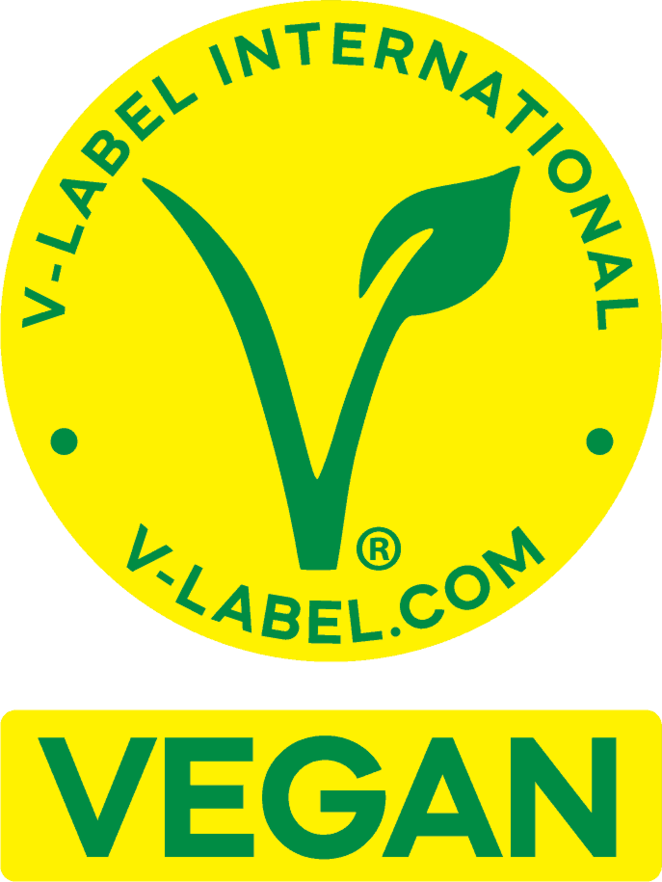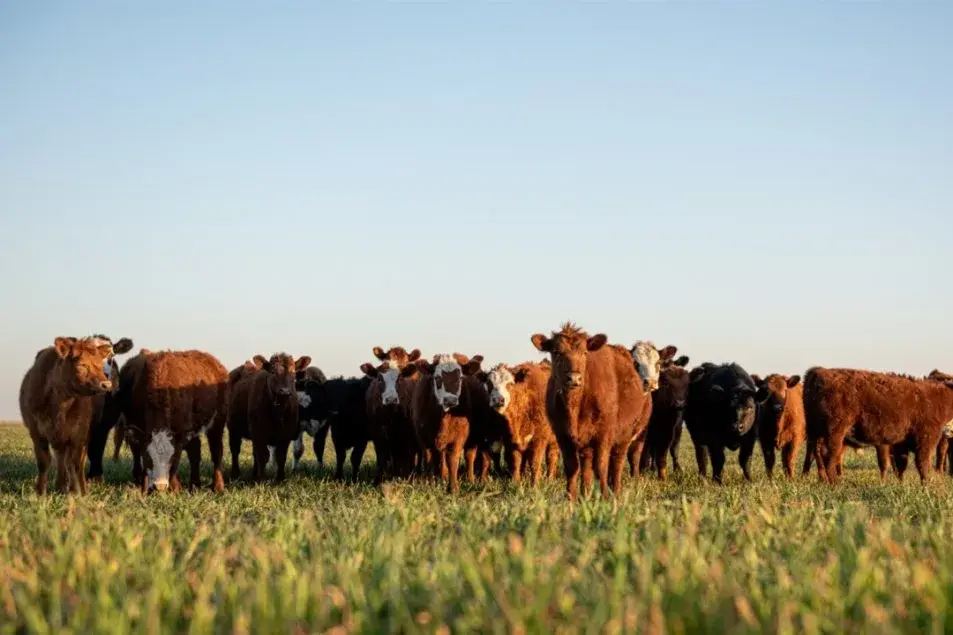

Factory farming is very much a global problem that’s not limited to the US
We estimate that over 90% of farmed animals globally are living in factory farms at present. This includes an estimated 74% of farmed land animals (vertebrates only) and virtually all farmed fish.[1]
https://www.sentienceinstitute.org/global-animal-farming-estimates
It’s not just more people that’s caused factory farming. It’s increase per capita consumption. The rates of per capita consumption are enormously different. If everyone ate like Americans, we would need 137% of the world’s habitable land which includes forests, urban areas, arable and non-arable land, etc. Cutting down every forest wouldn’t even be enough
















The irony of having to fill out a captcha before you can play the game is really something